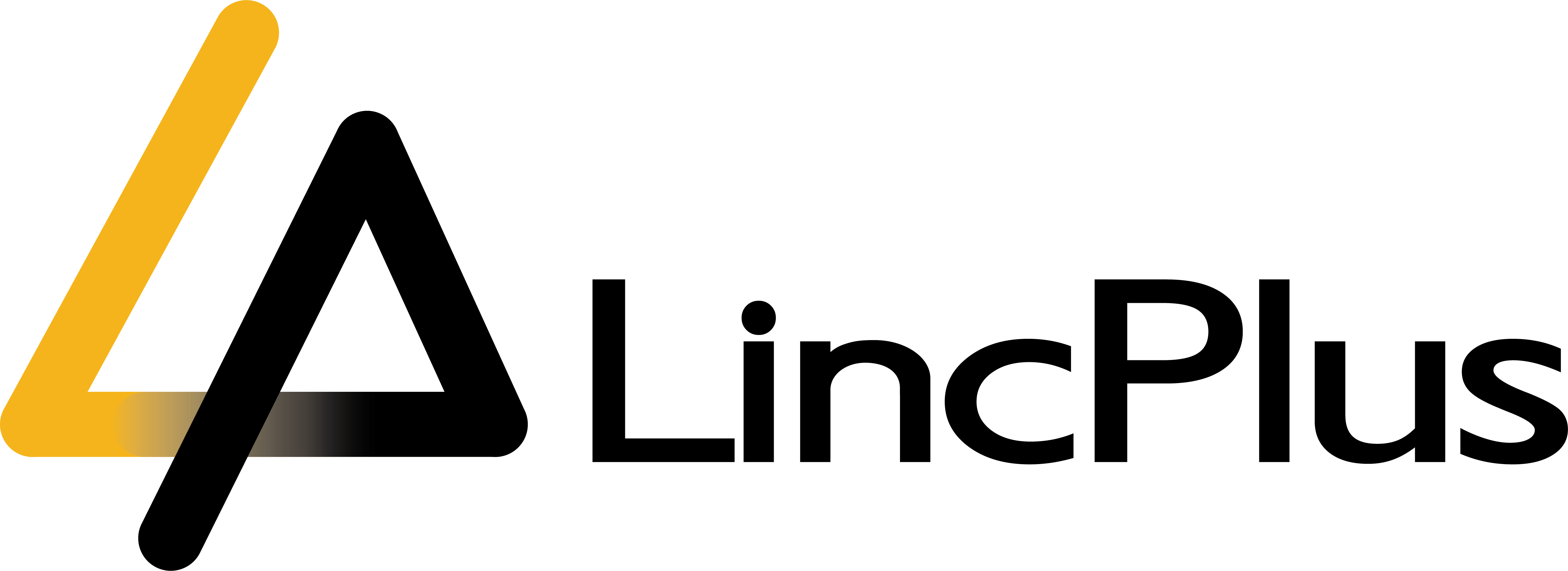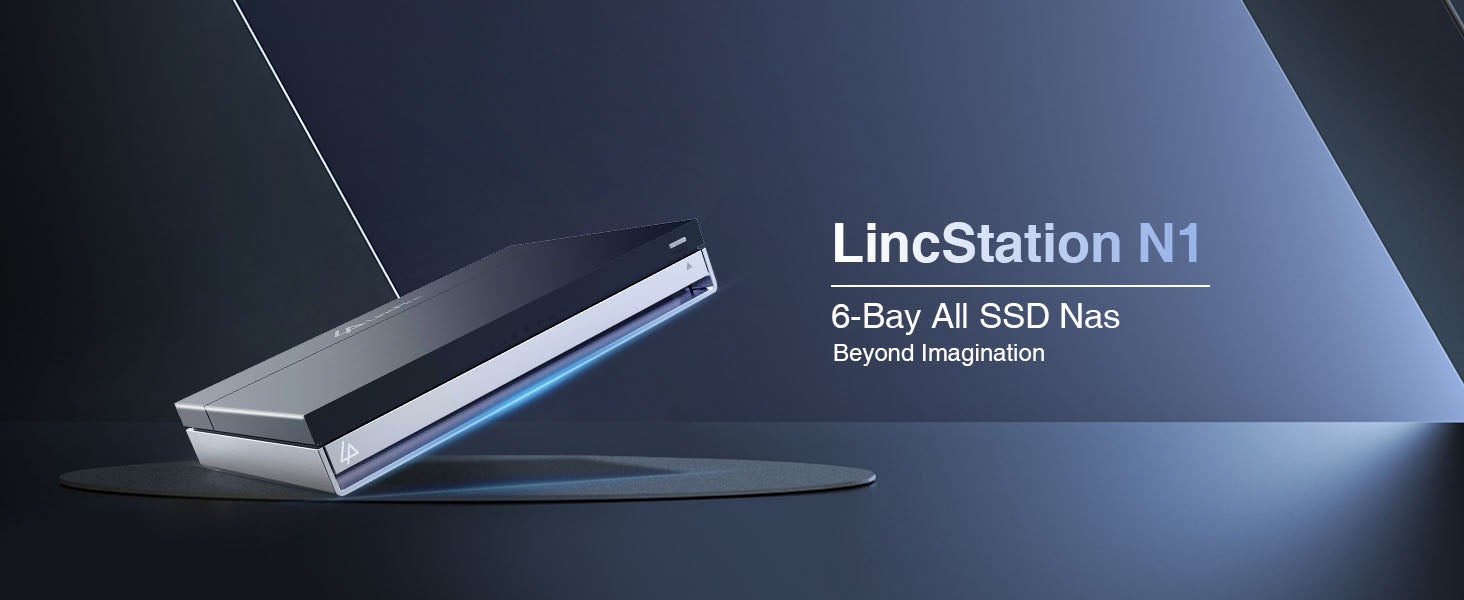The volume of data we generate and consume in today's information age, both on individual and corporate levels, is undoubtedly staggering. In 2023 alone, the world generated about 120 zettabytes (ZB) of data, meaning each internet user created about 15.87 TB.
From family photos and videos to business records and databases, storing and managing data efficiently has become crucial today. One of the most powerful data storage and management tools today is Network Attached Storage (NAS).
What is Network Attached Storage (NAS), and why do individuals and businesses need it? Read on to find out.
What is Network Attached Storage (NAS)?
As the name suggests, Network Attached Storage (NAS) is a network-connected file storage device shared between multiple authorized users and heterogeneous clients. It allows data to be stored and retrieved from a central location.
While traditional external hard drives connect to a single computer via a USB or other means, NAS devices connect to your local network, providing centralized storage available to any device on your network.
NAS systems typically have very few components and can handle both unstructured data (e.g., videos, images, audio, text documents, emails, etc.) and structured data (e.g., databases, CRM data, financial records, HR data, etc.).
Why You Need Network Attached Storage (NAS) for Home Use
1. Centralized Storage System
One core reason to rely on a NAS for storage at home is the ability to centralize your storage. Family photos, music libraries, videos, and other important documents can all be stored in one place, making organizing and accessing them easier. So, if multiple users want to access files from the central storage, they can easily do so without waiting for others.
2. Scalability and Cost-effectiveness
NAS systems are scalable, meaning you can expand them to meet your growing storage needs. Without NAS, individuals will likely rely on traditional storage devices (hard disks, memory cards, etc) or cloud services to meet their storage needs.
Due to the lack of scalability, users of traditional storage devices may need to purchase more to meet their storage needs once their current memory gets full. As a result, data becomes scattered across various devices, making it difficult to access and easily lost.
While cloud services are also scalable, they aren't cost-effective as users pay a recurring fee to access the storage opportunities provided continuously. NAS users enjoy access to their files 24/7 without worrying about a monthly fee, making it a cost-effective option for households, particularly in the long run.
3. Data Protection and Backup
NAS devices give you complete control over your data and security, saving you the headache and costs of a data breach. They also often come with RAID capabilities, which helps to protect your data from hard drive failures.
Many NAS systems support automated backups from all devices on the network, thus keeping even your recent data safe without manual intervention.
4. Media Streaming
When you need a media server to stream content on your smart TV, computer, or other devices, your NAS device has you covered.
With support for DLNA, Plex, and other media server software, you can stream content via your NAS device and enjoy any media of your choice throughout your home.
5. Remote Access
Even when you're away from home, you aren't away from your data. Modern NAS devices come with remote access features, enabling you to access and share files from anywhere via an internet connection.
Why You Need Network Attached Storage (NAS) for Small Business
1. Enhanced Collaboration
Small businesses need a seamless platform for employee collaboration to operate smoothly and efficiently. NAS can facilitate better collaboration, allowing multiple users to access, edit, and share files from a centralized location. For example, team members working on the same projects can always access the latest versions of the project via NAS.
2. Data Security and Auto Backup
Data security is crucial for businesses as a breach in data or data loss can affect the integrity of your business and lead to customer distrust. Luckily, modern NAS systems provide a layer of data protection due to features like encryption, secure user access controls, and RAID configurations, which help businesses enjoy safety even during a hard drive failure. NAS devices can also automate your data backup process, ensuring that all critical business data is frequently and securely backed up.
3. Greater Return On Investment (ROI) and Scalability
Businesses often look for cost-effective yet efficient solutions to their needs, boosting revenue and enhancing business growth. NAS systems allow businesses to enjoy unique storage facilities without being trapped in a recurring monthly fee, as is the case with cloud storage services. Businesses can invest upfront and enjoy NAS devices for as long as they can without ongoing fees. When required, you can increase your storage capacity by adding more drives to the system without interruption.
4. File Sharing and Remote Access
With file sharing and remote access features, employees can access and share files from outside the office, ensuring that operations aren't limited by location. This feature particularly benefits businesses with multiple locations or remote workers, as it gives their employees unified access to documents and resources, thus paving the way for seamless collaboration.
5.Reliable Data Storage Solution
Due to RAID configurations and efficient data management features, NAS devices prove to be a highly reliable storage solution for homes and businesses. Users can easily set up a NAS device without requiring specialized skills and enjoy its unique data redundancy and protection features. You can't go wrong with the NAS system if you're looking for an efficient and reliable data storage solution for your home or business.
LincPlus LincStation N1 6-Bay NAS: Choosing The Right NAS device for your home or small business
As NAS devices increasingly become the popular storage choice for many, homes and businesses looking for an ideal NAS device must choose one with great quality and efficiency, like the LincPlus LincStation N1 6-Bay NAS: As small as an A5-sized paper, the 6bay-Nas LincStaion N1 is an easy-to-setup NAS device with tons of features for home and business storage, such as:
Here are the features of the LincPlus LincStation N1 6-Bay NAS:
- Processor: Intel Celeron N5105 CPU, 4 cores, 16GB RAM, 128GB ROM.
- Disk Bays & Storage Capacity: 6-bay storage with support for up to 6x8TB SSDs (diskless configuration). 6 bays * 8 TB per SSD=48 TB
- 2 NVMe Slots: 4-bay M.2 NVMe 3.0 SSD Slot.
- SATA Slots: 2-bay 2.5-inch SATA3 SSD Slot.
- Network Connectivity: 2.5G Ethernet Port x1.
- USB Ports: 10G USB C Port x1, USB 3.0 x2.
- Audio Port: 3.5mm Audio Port x1.
- Video Output: HDMI 2.0 x1.
- Wireless Connectivity: Bluetooth 5.2 and WiFi 6 (requires running a VM).
- Unraid Standard License included
Benefits of LincPlus LincStation N1 6-Bay NAS:
Some benefits of purchasing the LincPlus LincStation N1 6-Bay NAS for your home or small business storage needs include:
- Data security, backup automation, and privacy due to unraid disk
- Remote download, intelligent photo albums, and partitioning
- Quiet and efficient Operation
- Wireless Capabilities
- File sync across all devices
- Professional storage management
- Adaptable for Surveillance due to support for Docker applications and virtual machines
- Multi-function server
- Unraid virtualization
- Reliability
About LincPlus
LincPlus is a tech company founded in 2018 in Shenzhen, China. Focusing on two main products, LincStudio and LincStation, LincPlus is popular for its innovative and user-centric designs, making it a famous choice in the European and American markets.
With a passion for enhancing users' convenience, LincPlus uniquely blends technology and art, delivering products that actually solve problems and improve the quality of life.



Dejar un comentario
Todos los comentarios se revisan antes de su publicación.
Este sitio está protegido por hCaptcha y se aplican la Política de privacidad de hCaptcha y los Términos del servicio.